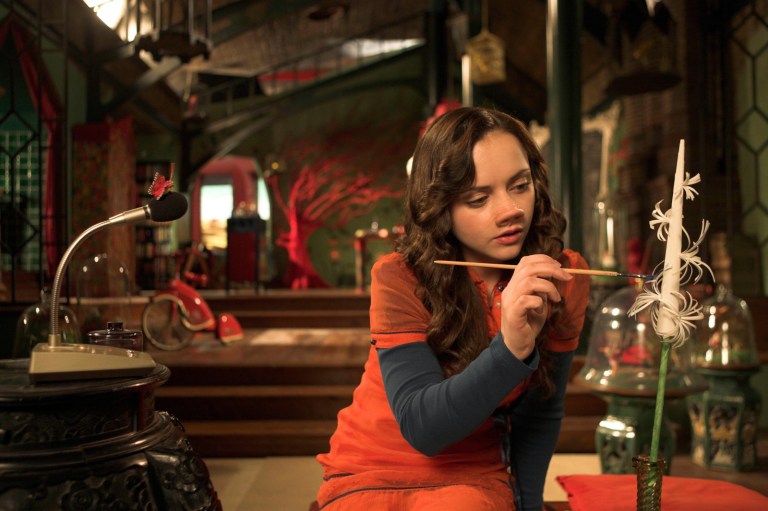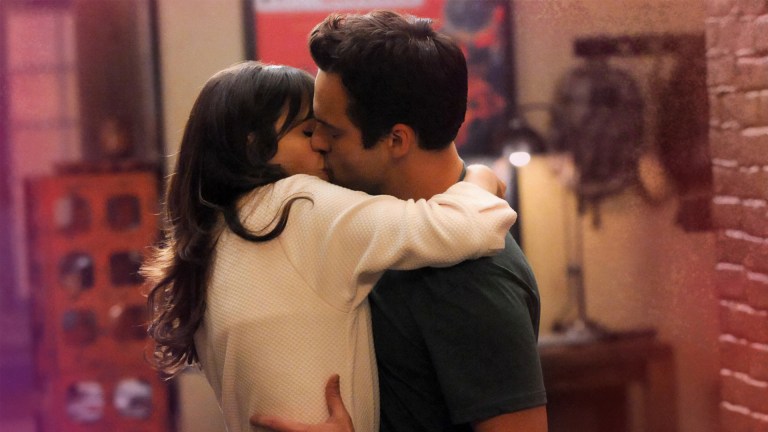
How To Get Over Someone Who Doesn’t Love You Back
We love and therefore, we want — and the subject of our affection will either love and want us in return, or they won't.
The problem with unrequited love — well, one of the problems — is that our holding onto it essentially renders us non-contenders in pursuit of the real thing.
When we love, we love in broad, all-consuming strokes, filling the space between the dotted lines so completely that we unknowingly present ourselves as a whole image, regardless of all we know to be missing. It’s in our body language, it’s in our tone of voice, it’s in our energy. We become unavailable. You see, there’s only so much room in one’s heart for such unbridled passion, and potential lovers pick up on the crowdedness. Flippant as it sounds, we’re all just looking for a vacant space to park our little “I think I can” hearts; and when we see a “no vacancy” sign, we keep on moving.
Our love, though unrequited, is valid. We need to understand this in order to overcome it; learn to respect the power of our emotions as infinitely beautiful, special and unique to our human experience. Nobody else has ever found the exact same, nuanced beauty in this one, particular face. Nobody else has their criteria for perfection lie so surely on the dip of this lower back, the crinkle of this smile, the gap between these teeth. Your bond, while emotionally unrewarding in its non-reciprocation, is as strong a connection as anything that’s existed before you. You feel it to be so, and so it is.
Love will never be solved, worked out, fully understood — there is no secret angle, key or elusive password leading to a definitive answer. In fact, I suspect a man on his deathbed, with an entire lifetime of experience and worldly insight, would consider love with as much understanding as my 8 year-old cousin might contemplate a schoolyard crush. It’s universal, transcendent of time and place; it connects us. We love and therefore, we want — and the subject of our affection will either love and want us in return, or they won’t. It’s as simple, and as complicated, as that.
To let go of unrequited love is as difficult as it is necessary. Too often we attempt to move on by shifting our feelings onto another person, transferring our emotional baggage into a new basket with the hope that it’ll hold. The problem with this approach is that we essentially leave a long, broken trail of loose ends, scattered unforgivingly behind us. Love is non-transferable, non-refundable, and unavoidable; you must walk through it, not around it.
To move on from an experience we subconsciously require an ending point, a marker, some form of memorialization. And for a feeling to be memorialized, we must first give it a chance to live, breathe and be appreciated for what it truly is. After all, something cannot die without first being alive. So don’t repress it, don’t hold it down, don’t dismiss your love as a triviality of youth. Forego any feelings of resentment or floundering self-worth, for it pays you — and your heart — no service.
Perhaps you should try writing it down on a post-it note. “I love ______” – followed by – “______ does not love me.” It’ll hurt to see the truth, as solid and tangible as it is temporary, lying there before you. Stick it on your bathroom mirror, look at it every night as you brush your teeth, see the reality for what it is; let it grow old and wither — like a polaroid photograph fading under the unforgiving midday sun. You’ll pass it every morning until it one day slips to the floor, while your at work or in the shower, and becomes nothing more than another simple, fluorescent piece of paper.
At first, all wounds hurt, but then they scab, and the scabs heal, and soon, there is new skin. With time, you’ll stop noticing the ache because the ache will not be there any more. Unrequited love will always be painful, but with the necessary time, respect, and understanding, your heart will soon become available once more. Your love will move on; not with a bang, but a whimper. ![]()











